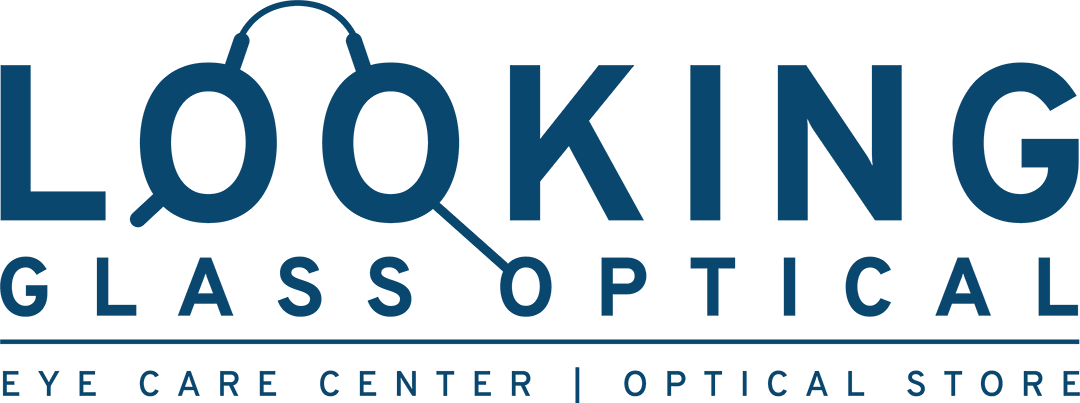What is the Effect of Alcohol on the Eyes?
When it comes to drinking alcohol, many people talk about their liver or even mental health. And while it’s evident that alcohol can impair your vision, did you know it can also affect the eyes over time? It’s not just bloodshot eyes and blurriness, either. So what is the effect of alcohol on your eyes?
Short and Long-Term Alcohol Effects on Your Eyes
It’s important to note that the short-term and long-term effects of alcohol on the eyes depend on the amount and frequency of alcohol consumption. So we are splitting this into two sections, the short-term and long-term effects of alcohol.
Short-Term Effects
- Vision Impairment: Alcohol consumption can cause vision impairment, which can range from mild to severe. It can cause blurry vision, double vision, and difficulty focusing on objects. Alcohol slows down the brain’s ability to process visual information. These effects are often temporary and resolve once the body metabolizes the alcohol.
- Alcohol-induced Blindness: In some cases, alcohol consumption can also lead to temporary vision loss. This occurs when alcohol consumption causes blood vessels in the eye to dilate, leading to decreased blood flow to the retina. Alcohol-induced blindness is a medical emergency and requires immediate medical attention.
- Dry Eyes: Alcohol is a diuretic, meaning it increases urine production and leads to loss of fluids from the body. This can lead to dehydration. When the body becomes dehydrated, it reduces the production of tears necessary for lubricating and protecting the eyes. This can cause dry eyes.
- Bloodshot Eyes: Your eyes become bloodshot when the blood vessels in the whites of the eyes become dilated and visible, giving the eyes a reddish appearance. When it comes to alcohol consumption, blood vessels expand and relax, increasing blood flow. As a result, the blood vessels in your eyes become swollen, leading to irritation and redness.
- Pupil Dilation: Alcohol commonly causes pupils to dilate. While this might not seem particularly problematic, it can be. Because alcohol slows the nervous system, your pupils enlarge. On a mild scale, this can cause sensitivity to light and difficulty seeing in bright light. However, on a more severe scale, it can also be a sign of alcohol poisoning.
While most have short-term effects, many can lead to long-term ones. Also, many of these symptoms can indicate more serious medical needs. Therefore, please seek medical attention if any of these conditions persist.
Long-Term Effects
- Optic Neuropathy: Chronic alcohol consumption can cause optic neuropathy. This is when the optic nerve is damaged. This condition can lead to permanent vision loss. However, it’s important to note this is a diagnosis of exclusion. All other conditions or causes must be eliminated first.
- Cataracts: Cataracts are the clouding of the lens in the eye, which can cause vision loss. Studies have shown that alcohol consumption increases the risk of cataracts. Many, in turn, will need cataract surgery. And this wasn’t just for heavy drinkers. Evidence suggests that even moderate or light drinking can increase your risk.
- Macular Degeneration: Similarly to the risk of cataracts, alcohol consumption can also increase the risk of age-related macular degeneration (AMD). This is a leading cause of vision loss in individuals over age 50. While genetics also play a role, alcohol is linked to a higher incidence of early AMD.
- Glaucoma: Glaucoma is a group of eye diseases that can cause vision loss and blindness. Alcohol consumption can increase intraocular pressure (IOP), the eye’s fluid pressure. The normal range for IOP is between 10-21 mmHG. Therefore, having high pressure (or even sometimes low) is a common risk factor for glaucoma.
All of these are serious eye conditions. Therefore, routine comprehensive eye exams are crucial so these can be caught early.
How Can Looking Glass Optical Help?
The effect of alcohol consumption on your eyes can be widespread and varied. It can have both short-term and long-term effects. Therefore, it is essential to consume alcohol in moderation to reduce the risk of vision impairment and eye diseases. If you experience any vision problems after drinking alcohol, it is advisable to consult an eye doctor.
Whenever you feel that any issue is occurring within your sight, it is essential to visit an eye doctor. Eye health is critical; a doctor can determine your eye problems and treatment. Looking Glass Optical invites you to contact us so we can help.
Share
